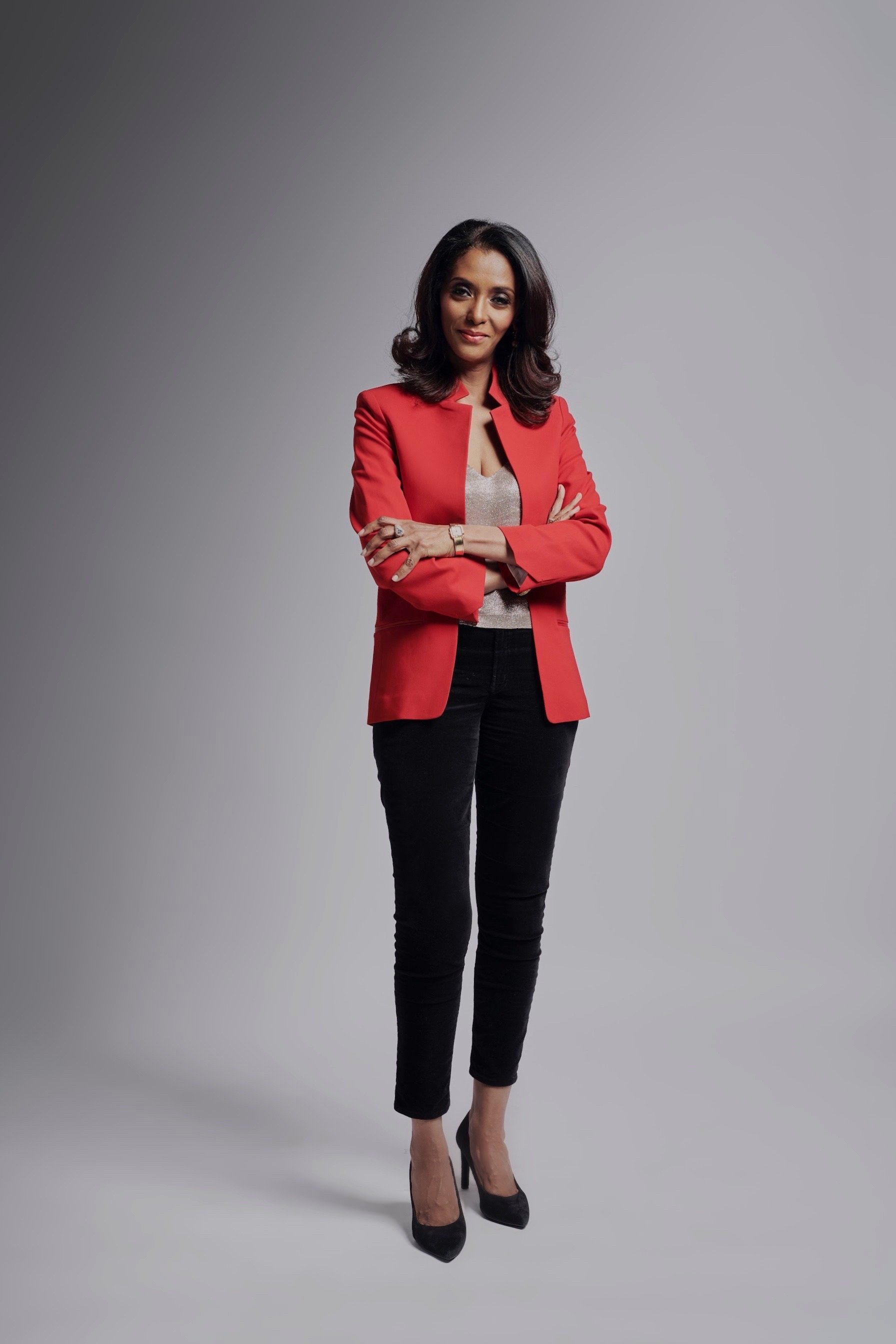
SOAS World had the privilege to sit down and talk to SOAS President Zeinab Badawi about her life, work and her time at the School.
I was born in the Sudan and came to England when I was nearly three. I went to school in London, studied PPE at Oxford for my undergraduate degree, and then spent a year studying French and Russian.
I went into television as a trainee with ITV and I was put on screen - I joined at a time when there was a push for diversity – in Yorkshire Television’s local news and documentary departments. When I was in my late 20s, I was asked if I would be one of the main presenters to launch ITN’s night time news.
I was itching to do a Masters and I had heard about SOAS. It was always a university with a stellar reputation, and it was the place to be in my opinion.
I undertook my MA in Middle Eastern Studies as a full-time student. I was working one week at ITN, then I had one week off. In the weeks off, I studied, and the weeks that I broadcast, I attended lectures. My memories of SOAS are sometimes attending bleary-eyed, leaving the studios at ITN at 8am to get to a lecture at 9am.
I would photocopy - this was before we had everything online – material I would otherwise have had to read in the library then I'd go home, sleep, and that would be repeated for a week. In my week off, I'd write all my essays. After all that, I got a distinction.
I loved my time at SOAS. I'd been encouraged to do anthropology as one of my modules. I couldn't get my head around it at first, but it became the key that unlocked my understanding of so many things. Throughout my career, the anthropology I was taught at SOAS really helps me to see the world in a more empathetic way. It enhances one's understanding of different cultures, and people. I'm very grateful to SOAS for that.
All my professors were wonderful. I had the late P J Vatikiotis for politics, Malcolm Yapp for history and Richard and Nancy Tapper for anthropology. The calibre of the academics at SOAS was brilliant, and they invested in you.
I never thought when I was doing all that photocopying in the library that I would come back years later as President. It is a great privilege for me.
Was it your ambition to go into broadcasting and journalism?
I think it's something more that happened. It was expected that I would become a medical student - we have a family that's full of doctors – but I didn't really know what I wanted to do. I studied PPE because I was interested in politics and history. I joined Oxford University's broadcasting society which gave me a bit of a taste for it, and so I thought I'd just apply for television and see what happened.
I joined Yorkshire TV at the time of the miners’ strikes. I would come to London to see friends and I saw how people were reacting to the story, and how detached they were from it. I felt their sweeping statements might have been tempered if they had seen how families were riven by this terrible situation.
I think journalism suited me because I have intense curiosity. I also have a global perspective on the world because of my background. My mother tongue was Arabic and I came from a Muslim family. I could see that people's perceptions didn't marry with what I knew. In a sense I wanted, not to correct, but to bring a diversity of perspective. This is an approach I’ve taken with my History of Africa tv series.
You presented the documentary series on the General History of Africa and now you’re writing a book.
The TV series took me the best part of seven years, visiting 32 African countries and travelling within those countries, talking to academics, experts, and ordinary people.
My book - An African History of Africa - takes inspiration from the General History of Africa in the sense that I use predominantly African sources. It's taken me two and a half years to write - relatively fast for a book of that nature - but that's misleading because I'd spent since late 2014 working on the documentary series.
It is trying to put the African academic centre stage because they've been denied a space in the global public arena. We need to accord people the respect of telling their own stories.
You’ve said that African history is a part of our global story and in a SOAS graduation speech you said that ‘we are all exports from Africa.’
It's true! The first chapter - the origins of human kind - is really everybody's history. I thought hard about whether I should start there because I think in order to understand Africans who stayed on the continent - you have to begin from where it all started. My book is a continent focused history; I don't look at events outside Africa.
People often start Africa's history from the European presence because Europeans wrote in European languages, but that doesn't mean Africans didn't record their history, you just have to get at it in a different way, through oral tradition, through song, and through collected memory.
In the 18 chapters of my book, it's not until chapter 14 that I get to the transatlantic slave trade. After that it becomes more about Africans with the dominant factor of the European presence, but prior to that people don't know much about pre-colonial Africa. If you ask somebody to name an African king or queen, they’ll name Tutankhamun and then ask if he is really African.
Is there a difference in the perception of history across the Maghreb and sub-Saharan Africa?
I think Africa is Africa. I can see why people did divide it into North and sub-Saharan Africa because when the Arabs went into Africa in the 640s they had a huge impact, but that's not to say that they erased everything, they built on existing cultures. You can tend to think of these countries as Arab, but they've got very strong African influences for example in southern Egypt and parts of Morocco, where the Berbers are an old established community of North Africa.
It's a continent that's made up of varied people and they are all African. I feel that particularly because as somebody with a Sudanese background, I know first-hand what it is to be at that crossroads of the Arab world and sub-Saharan Africa. So I treat the continent as a whole.
What inspires you to continue broadcasting and writing?
I’m from the older generation and for such a long time, I've been amongst a small minority in parts of the British establishment. I always felt it was incumbent on me to bring that different perspective to the table, and I think that's still what motivates me. People are entitled to an opinion, but what you can't say is that diversity of perspective on the world we live in, the country we live in, and our history is not welcome.
What are the changes and challenges in journalism and broadcasting since you began?
It's a completely different landscape. Technology has revolutionised the way the media operates. There's more of it and it's more competitive. Traditional broadcasters are being assailed by the proliferation of online channels.
Everybody's a citizen journalist, which is good in many ways: you can't beat up somebody in a polling booth in some remote part of a country without it being captured on somebody’s mobile phone. It's easier to organise mass protests through social media, so it's a good democratising tool in many ways.
There is so much noise out there - we saw it with conspiracy theories – and people appreciate a trusted voice sometimes. The BBC has teams trying to verify videos: something that purports to be a rebel attack, or an atrocity, or soldiers dressed up in rebel uniforms. They'll listen to accents, look at number plates on cars, and check the weather, questioning whether this is whatever it's claiming to be. In a world where there's a lot of noise, and' alternative truths' it is good to have a trusted voice.
It’s also changed the way journalists operate. In the old days you'd cover a story by flying a British correspondent out to a country, whereas now you'll get somebody in Niamey telling you what's happening in Niger, and they’re likely to be Nigerien. It's more authentic.
What has really changed is the way people consume. I’ve worked in television all my life and I'm used to people switching on at an appointed hour to watch a bulletin. That pattern has gone; it’s now video on demand.
If you are intensely curious and feel that you want to change the world in some way, journalism is a good industry to join. It’s not easy and it pays very badly, because everybody wants everything for free, and it’s difficult to get distributed, but a few people emerge and make it.
What have been your most memorable interviews?
I often say Desmond Tutu, because despite all the trials and tribulations that he, his country, and his community lived through, he never lost his sense of optimism and hope. That's very important and it’s very much an African trait, not to be ground down by great adversity.
He didn’t take himself too seriously either. I remember saying that Robert Mugabe had called him a ‘nasty, evil, little bishop’, and he started laughing, with his shoulders shaking up and down, and of course I started laughing. His humour was very disarming and this was a man who had done tremendous and brave things.
Three of my other favourites were Ama Ata Aidoo, the Ghanaian writer, Wangari Maathai, the Kenyan environmentalist and Nobel Peace Prize laureate, and Nawal El Saadawi, the Egyptian feminist. Now they’ve all gone, it is rather poignant for me, that I was lucky to meet and interview them at length. These were all women who were ahead of their time and raised their heads above the parapet when it wasn’t easy for them to do that.
As President, what would you say is SOAS’ place in the world?
You go to SOAS and you meet the world. If you want to go out to meet the world, you go to SOAS - it equips you so well. We’re a bastion of studies, which other places neglect – languages and literatures that are difficult to find. SOAS occupies a unique place in the British education establishment. It's a bridge between the Global North and Global South and as President, I love to see these exchanges as much as possible.
“You can’t say that diversity of perspective on the world we live in, the country we live in, and our history is not welcome.”
Zeinab Badawi ©BBC News
Features



